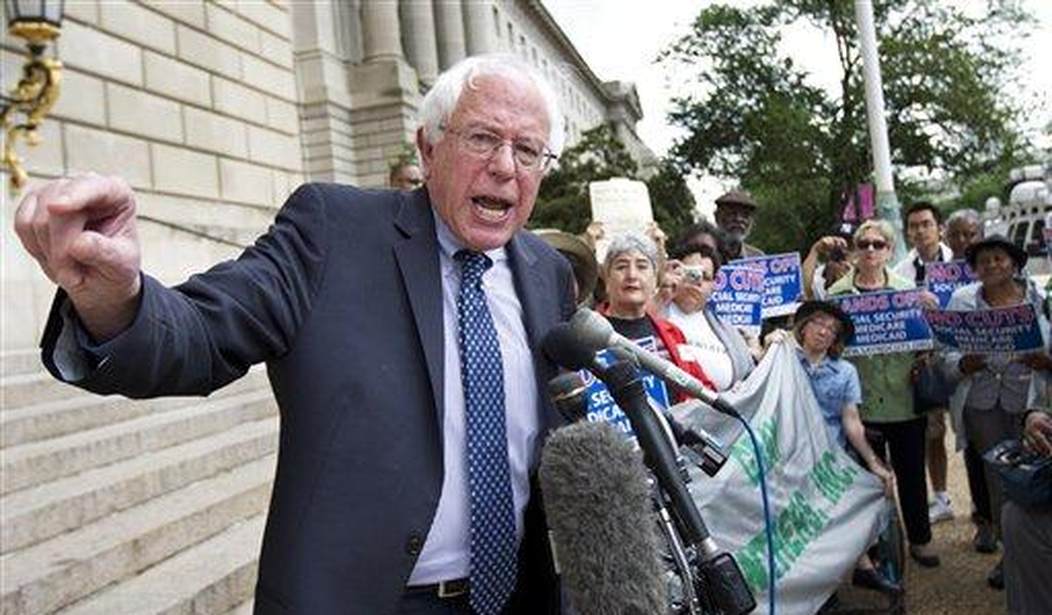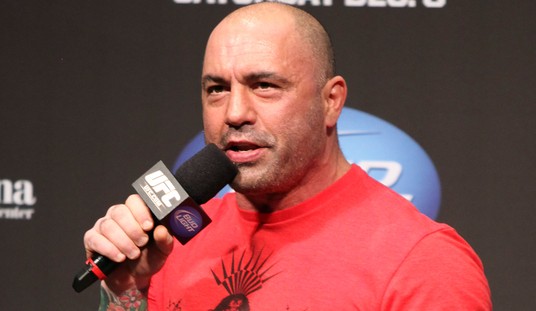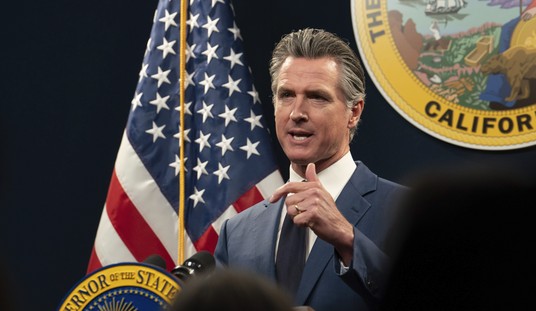From Ponzi schemes to pandemics, the Democratic Party always manages to find ways to leverage small windows of public fear and outrage to grow the size and scope of government in transformative, dangerous ways.
Case in point: Sen. Bernie Sanders (I-VT), the chairman of the Senate Committee on Health Education, Labor, and Pensions, summoned Moderna before his congressional committee last week to gin up support for his party’s far-left socialist drug-pricing agenda.
While Moderna recently announced price increases on its COVID vaccine, Sanders’ true beef is with the free market, not Moderna. He wants the U.S. healthcare system to more closely resemble the United Kingdom, Canada, and Japan's, which, in a word, means that the U.S. government will get to dictate the cost of the drugs on the market. Since many on the right are willing to do anything to stick it to companies linked to the government’s COVID response at this moment in time, Sanders has appealed to his Republican colleagues, such as penning op-eds in Fox News.
Working with Sanders to weaponize the regulatory state against drugmakers may feel good in this moment of outrage, but it’s something Republican Members of Congress will regret later.
Don’t take my word for it. Take Sen. Rand Paul's (R-KY). Everyone knows that he’s no friend of Moderna, but he’s also no friend of drug price controls.
“Why does the United States embrace central planning in healthcare?” he asked in a recent committee hearing. “Central planning produced shortages of even the most basic consumer goods in communist countries during the Cold War.”
He recounted a famous Soviet quip about a man entering a shop and asking the clerk, “You don’t have any meat?” To which the clerk responded, “No, here we don’t have any fish. The shop that doesn’t have any meat is across the street.”
Recommended
Sen. Paul is right. Should Republicans in Congress lock hands with Sen. Sanders by embracing this big-government cause, it will lead to more of the same — namely, higher prices and less choice.
According to research from the National Bureau of Economic Research, only three out of every 10 pharmaceutical products generate after-tax returns, and the ones that do ultimately succeed take an average of 15 years and $480 million of after-tax dollars to get to market.
In Sanders’ hearing, Sen. Mitt Romney (R-UT) noted that in his past business life, he was often on the investment side of the drug industry and lost much of his money in failed concepts. But when ignorant, know-it-all politicians like Sanders ignore how difficult it is for drug prototypes to reach profitability and demand that politicians get to set their prices, investors begin to back out, and many companies start to become destined for bankruptcy. As a result, some manufacturers take fewer risks; others leave the industry altogether. And that’s precisely why Grover Norquist’s Americans for Tax Reform says that drug price controls cost lives rather than save them.
A July Congressional Budget Office report on one of the Democrats’ most recent drug price control proposals found that “about 15 fewer drugs would be introduced over the next 30 years” should it get signed into law.
History indicates that the CBO’s prediction will come true should their plans become realized. For example, research and development for new drugs plunged when President Bill Clinton proposed new drug price controls in 1993, and it wasn’t until Congress kiboshed his plans in 1996 that R&D returned to normal levels.
While Sanders may say otherwise, America has the best healthcare system in the world. Of the 290 new medical substances that launched between 2011-2018, the U.S. had access to 90 percent of them as opposed to the United Kingdom’s 60 percent, Japan’s 50 percent, and Canada’s 44 percent. Why would Republicans in Congress want America’s healthcare industry to mirror the less superior outcomes of these planned economies?
Republicans can signal their opposition to the government’s COVID policies in plenty of reasonable ways. Locking arms with Sanders on far-left policy proposals isn’t one of them.
Herzog is a freelance healthcare writer for the Heartland Institute

























Join the conversation as a VIP Member